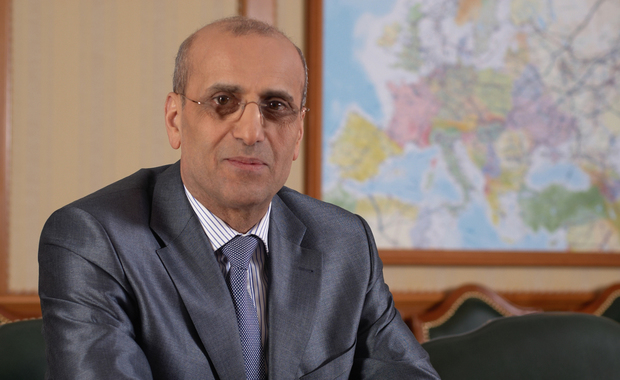Russia decreases its output under global oil cut deal
A 100,000 bpd decrease indicates that the Kremlin is keeping its pledge to cut oil production. Since November, oil prices have grown by around a fifth due to joint efforts of OPEC and non-OPEC nations to cap the output. Russian Minister of Energy Alexander Novak expects oil to be between $50 and $60 per barrel in 2017.
In January, Russian output declined for the first time since August, reports Reuters. The output amounted to 11,11 million bpd or 46,992 million tonnes, which is almost 1% less than in December.
According to the Ministry of Energy, Rosneft, the No. 1 local producer, cut its output by 0,5% compared to the previous month, Lukoil — by 1%, Surgutneftegaz — by 1,2% and Tatneft — by 3,7%. At the same time, Russian oil pipeline export grew from 4,358 to 4,409 million bpd as the deal wasn't related to exports but only to production. Russia promised to decrease the production by 200,000 bpd by the end of March 2017 and to reach a 300,000 bpd cut by the end of the first half of the year.
Besides Russia, eleven OPEC members and many of non-OPEC states took part in the limitation deal signed on 10 December. Global oil output was cut by 1,4 million bpd last month, said Russian Energy Minister Alexander Novak. The producers intend to reach a 1,8 million bpd decrease by the first half of 2017. According to a Reuters survey, compliance with the OPEC deal reached 82% last week (in 2009, a similar deal achieved only 60% compliance). Since the end of November, oil prices have surged by around a fifth to $56,5 per barrel.
While traditional oil exporters are fighting oversupply in attempt to boost the prices, the U.S. is intensifying its shale oil production. Last Tuesday, the American government released a report showing that the US oil output increased for a second month in a row in November. ''Moreover, signals from the U.S. continue to indicate a more rapid rebound in U.S. crude production, which could counter some of the non-OPEC contributions to the cuts,'' warns Vienna-based research centre JBC Energy.

Igor Yusufov, a former energy minister of Russia who supervised Moscow's first deal with OPEC, considers that Russia and OPEC should involve the United States in the global deal as the country is intensifying its shale production. ''The U.S. should be invited into the dialogue, the essence of the current events should be explained to them… We are partners and as two oil exporting countries we should coordinate work on the supply volumes, take care of prices stability,'' he told Reuters.
Earlier, Russia and OPEC stated that an increase in the U.S.' output would be absorbed by rising demand.